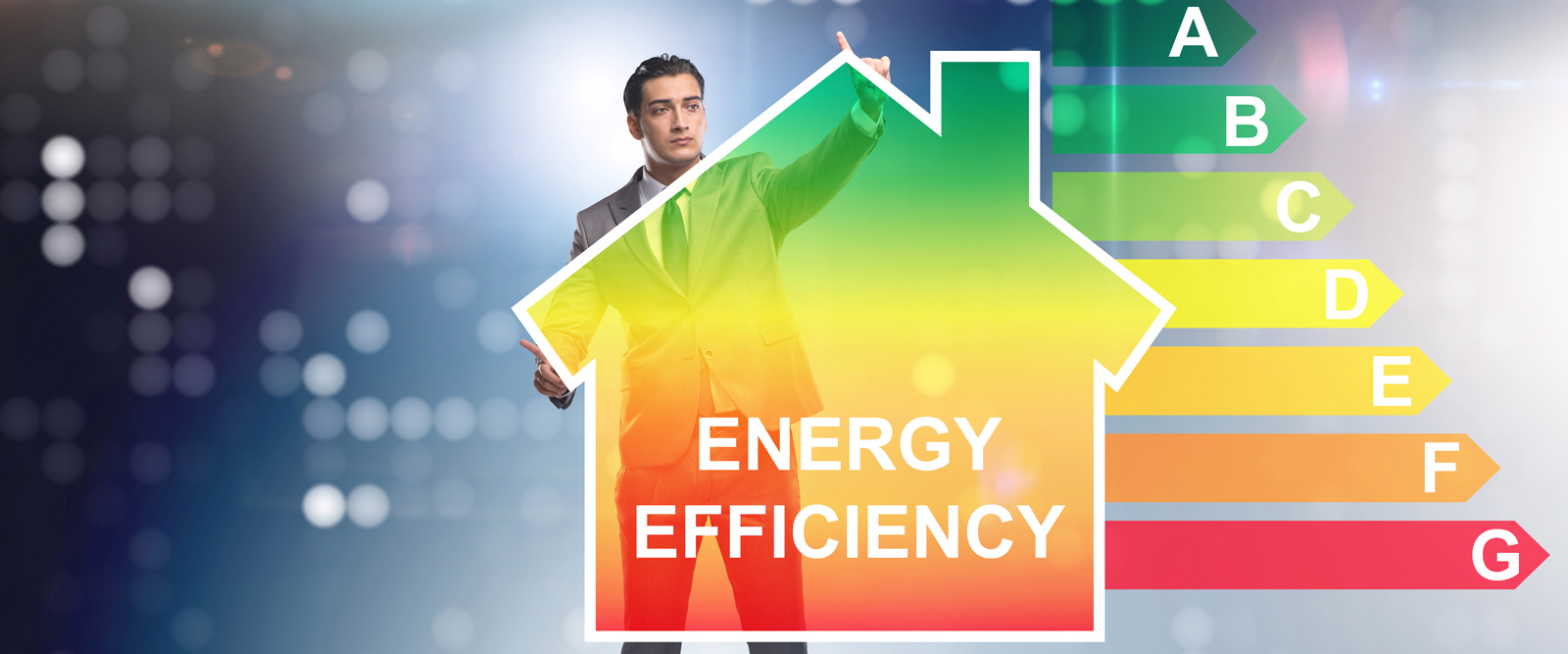HVAC Efficiency: 3 Energy Saving Tips
Many homes, both old and new, show off some incredibly attractive features with high ceilings, including the vaulted, cathedral, shed, and tray ceilings or skylights. This draws the eyes upward and shows off the beauty of the architecture, but it also may affect your HVAC Efficiency, particularly in the summer months.
Here are a few things to be aware of.
- Your HVAC system is designed based upon square footage, among other factors. The formula added some capacity above the requirements to ensures the efficiency of the system, especially in extreme weather events.If high ceilings were an original feature of your home, the HVAC contractor factored them into the design of your system. However, if the raised ceilings were a part of a subsequent renovation, upgrading your HVAC system might be in order.
- Remember, heat air is lighter and rises, while cold air is heavier. Your system must always fill the extra volume and that air will be warm. This air should circulate to make your home comfortable in both summer and winter. High vaulted and cathedral systems would benefit from ceiling fans.Ceiling fans can turn both clockwise and counterclockwise. In these high spaces, the fan should run clockwise in the winter and counterclockwise in the summer. If you install new ceiling fans in vaulted or cathedral spaces, consider wide fan blades.
- Some homes may also utilize a dual return air register, one high and one low. The low return air register should be used during the heating season, while the high air register should be used during the cooling season.The low air register collects the cool air close to the floor and heats it, while the high air register draws warm air to cool. If you are planning a remodel that includes very high ceilings, consider designing dual return air registers into your project.
Have Questions About HVAC Efficiency?
Doctor Cool and Professor Heat are independent American Standard dealers with over four decades of HVAC Efficiency, HVAC maintenance, Carbon Monoxide Monitors, and furnace repair installation and repair experience.
Call Doctor Cool & Professor Heat today at 281-338-8751 or email Doctor Cool. The longer you ignore or put off making the call, the longer it will be before you improve your indoor air quality.

